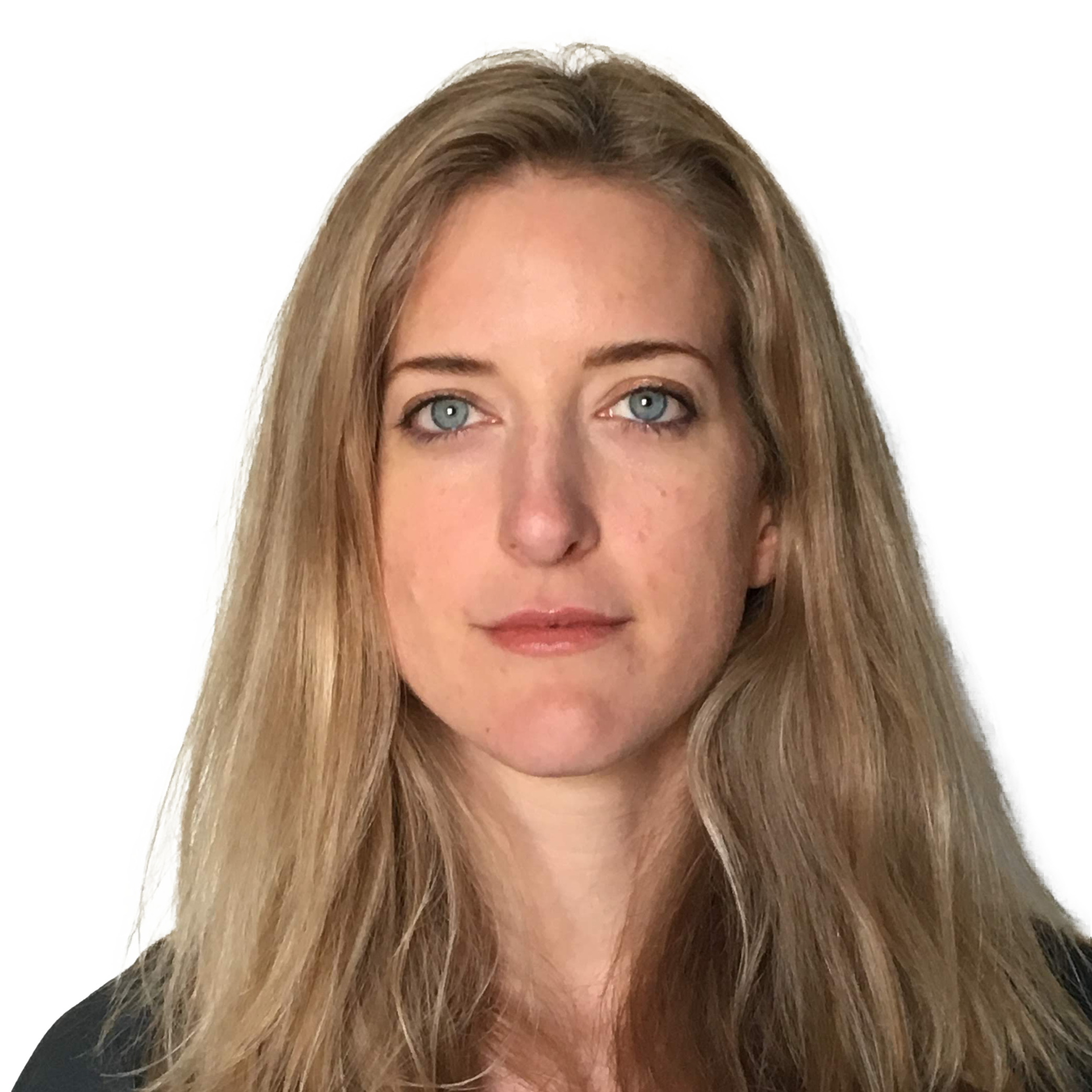As the Royal College of Physicians (RCP) publishes a write-up of the results of its national next generation survey of resident doctors, alongside a new briefing that sets out 10 priorities for the national medical training review, deputy chair of the RCP Resident Doctor Committee Dr Hatty Douthwaite reflects on what we’ve learned – and where we go from here.
Today’s write-up of the results of our national next generation survey of resident doctors, authored by five members of our Next Generation Oversight Group, shines a light on the reality of postgraduate medical training today. It reveals a system where enthusiasm, passion and commitment to high-quality patient care are being undermined by structural weaknesses, workforce shortages and a sense that training is not always delivering what it promises.
The survey results write-up, published today alongside a new briefing on what resident doctors need from the national medical training review – Our next gen top 10: priorities for reform of medical training – provides a detailed picture of the challenges (and opportunities) in postgraduate training. But the question remains: what next?
While some of the concerns raised are deep-rooted and systemic, others point to specific and achievable improvements. Better rota design, stronger supervision and more transparent recruitment processes would make an immediate difference to resident doctor experience and retention. At the same time, the findings highlight a more fundamental contradiction: many residents feel unprepared for consultant roles, yet they also believe training is too long.
This paradox reflects a mismatch between training structures and the development of specialty-specific competencies. As general internal medicine (GIM) commitments increasingly displace specialty training time, more resident doctors are completing post-CCT fellowships to feel ‘ready’ for consultant practice. In effect, training does not always match its stated purpose.
Where we go from here
The survey highlights several areas that demand further exploration:
- When and how does ‘service provision’ constitute meaningful training?
- How does GIM shape specialty development and consultant readiness?
- What structural changes – such as reduced rotational frequency or increased specialty time – could better support career and educational progression?
These are not individual gripes: they expose underlying weaknesses in how postgraduate training is designed and supported. Restoring a sense of stability, identity and recognition for resident doctors must be central to any reform.
The RCP will use these findings to push for tangible, impactful change. We will:
- Collaborate with others to translate feedback into change
- Identify opportunities for pilots and quick wins
- Ensure resident doctors are at the centre of future NHS workforce planning.
Our new briefing, Our next gen top 10: priorities for reform of medical training, is just the first step.
Resident doctors are not just today’s workforce – they are tomorrow’s clinical leaders. If the NHS is to retain them, it must act now. Reform of medical training is not optional. It is essential.






